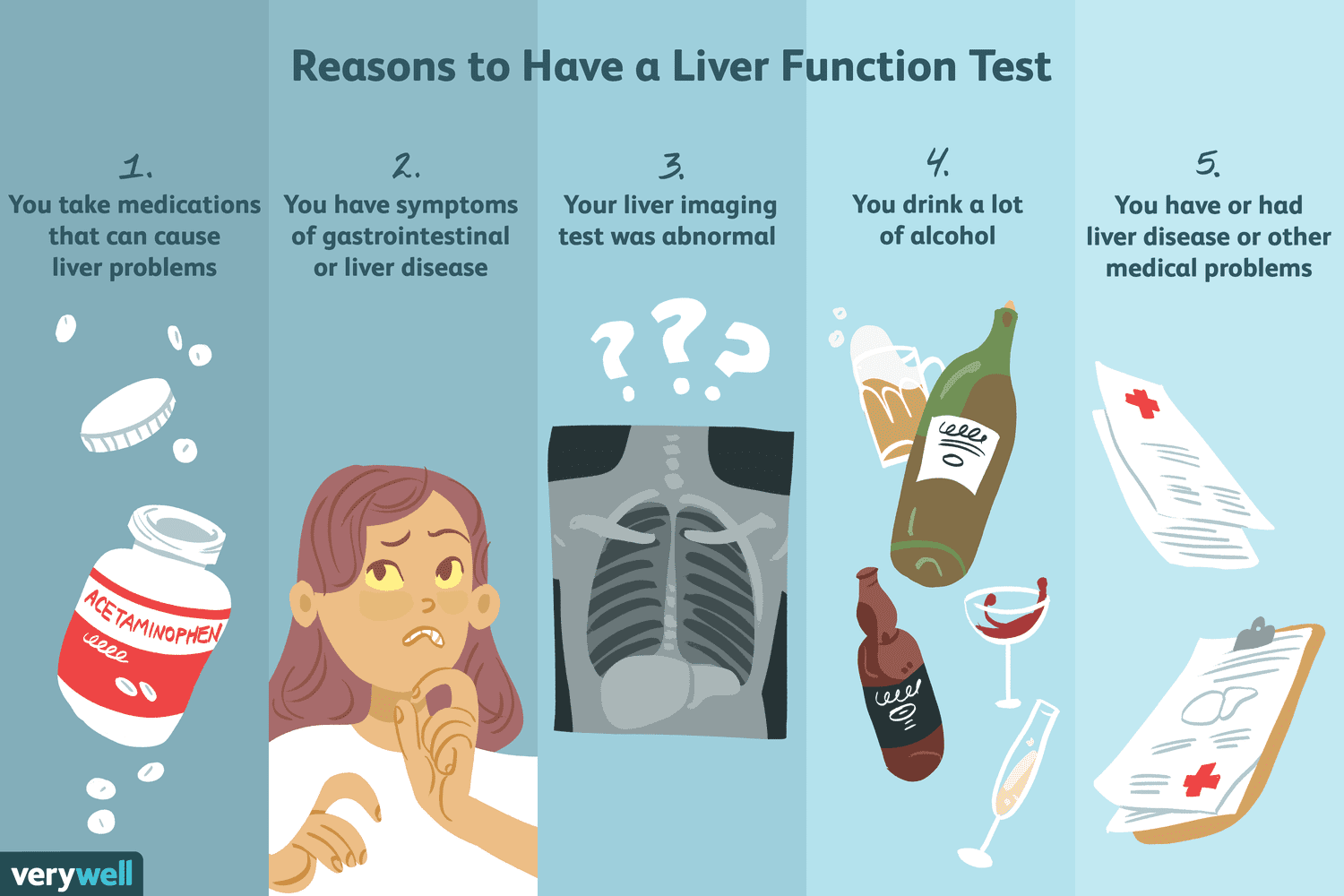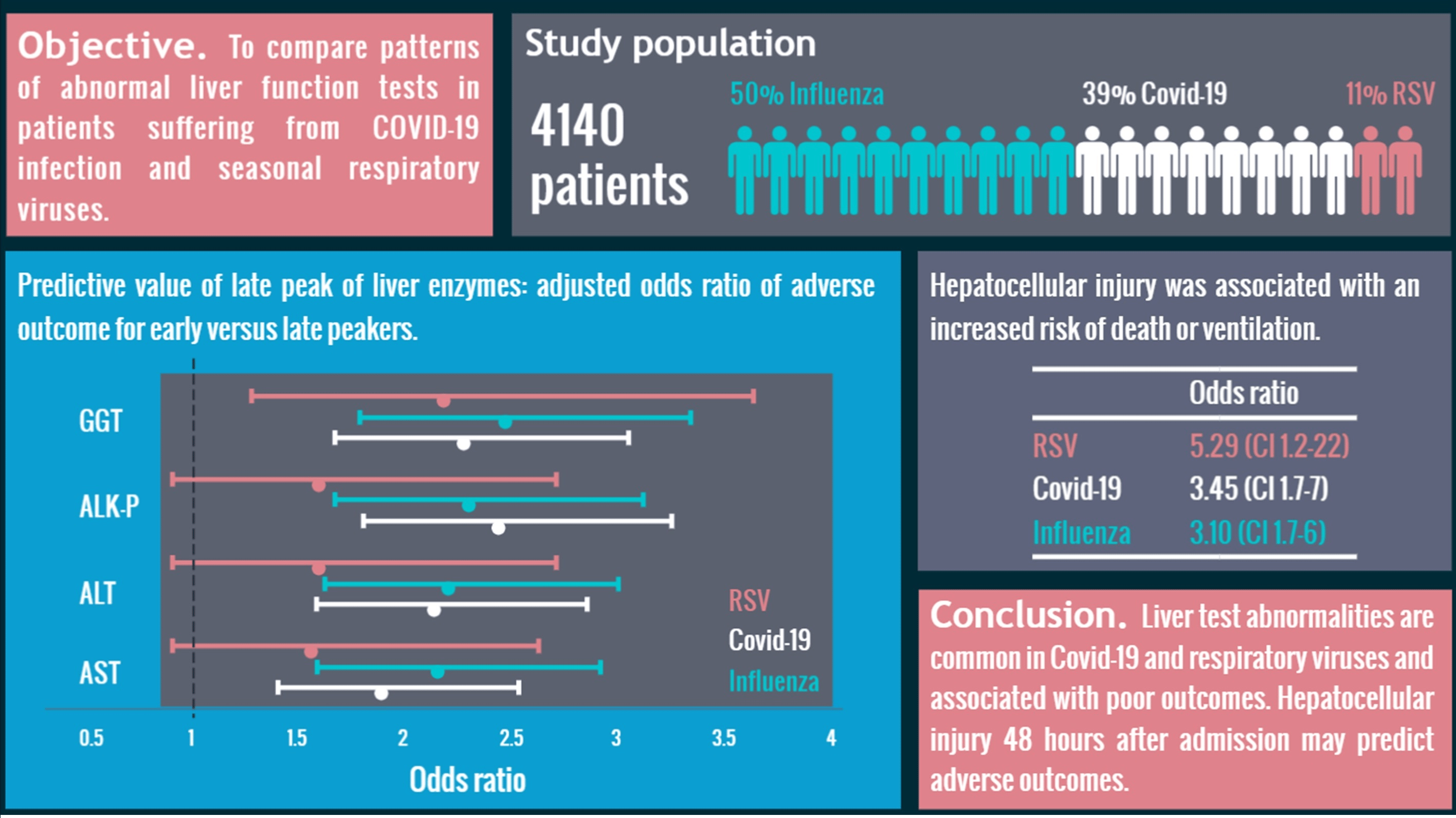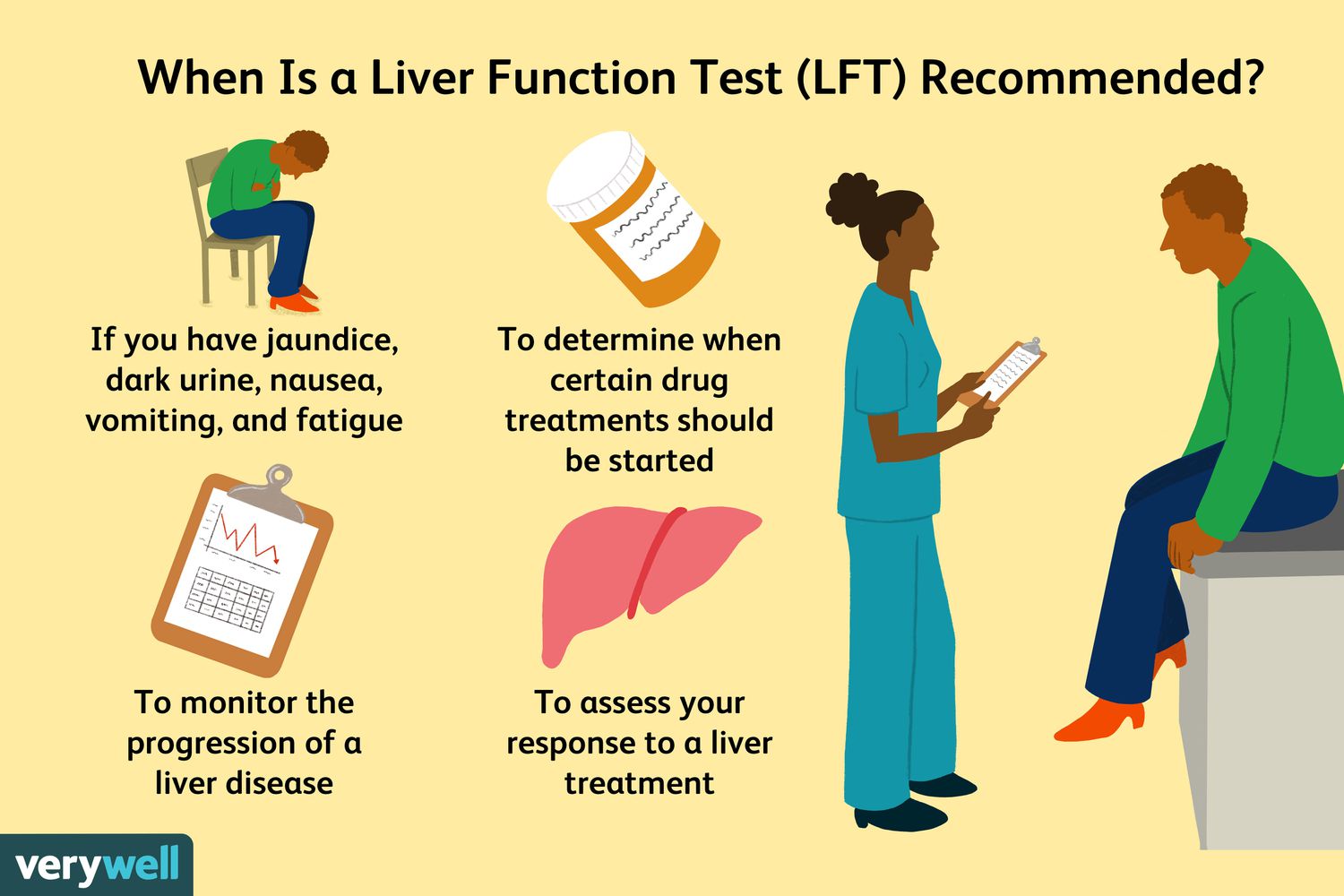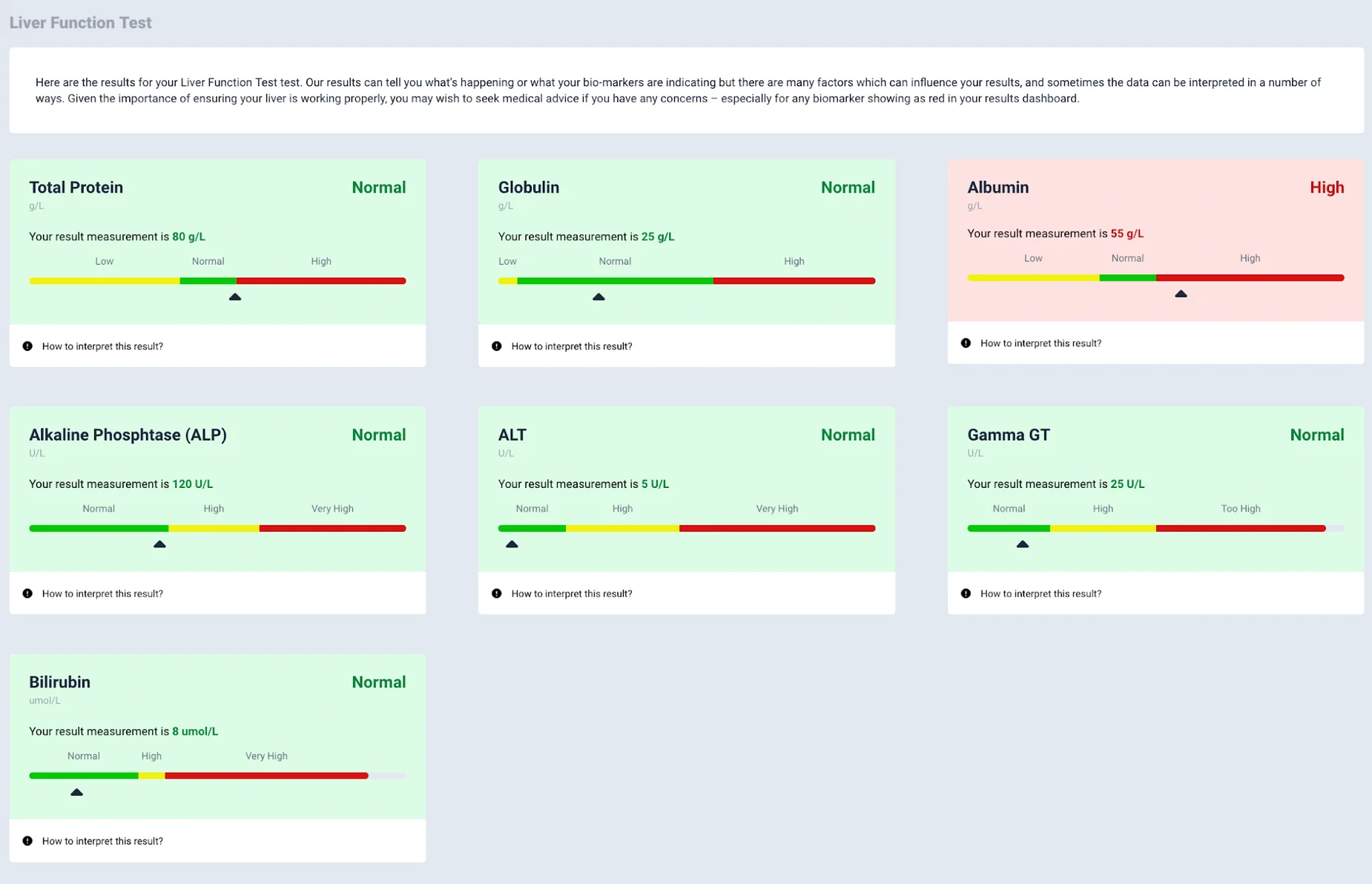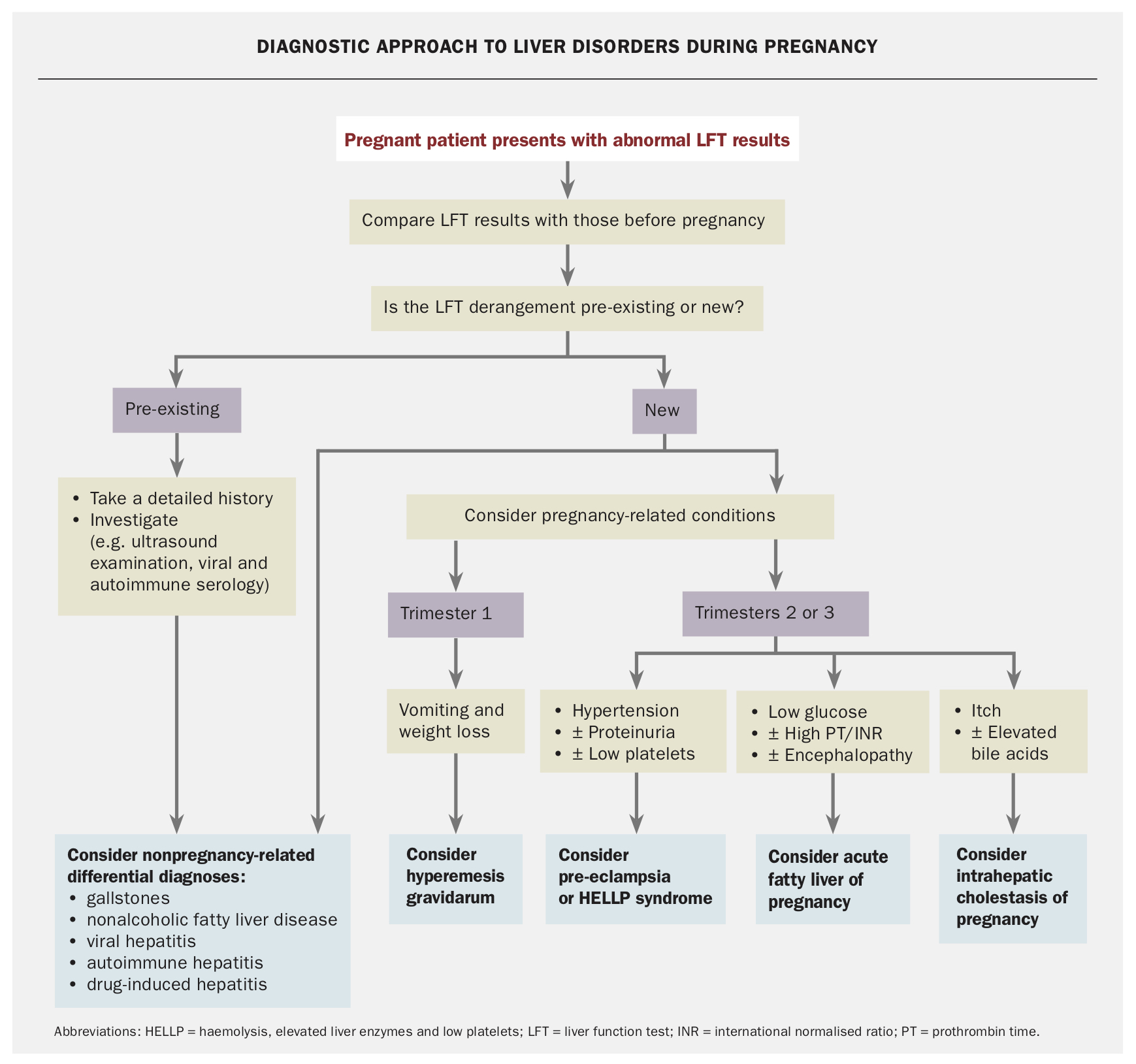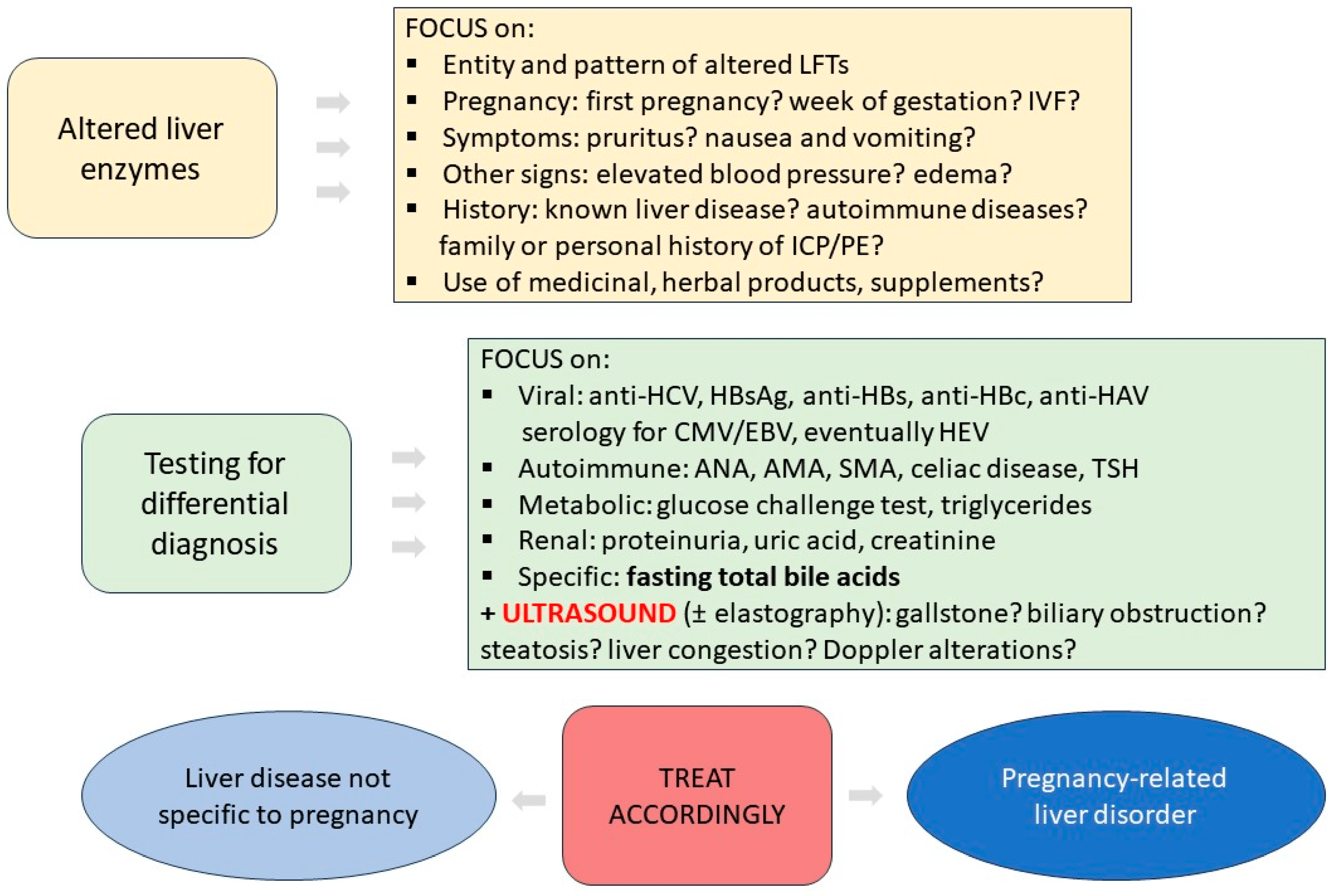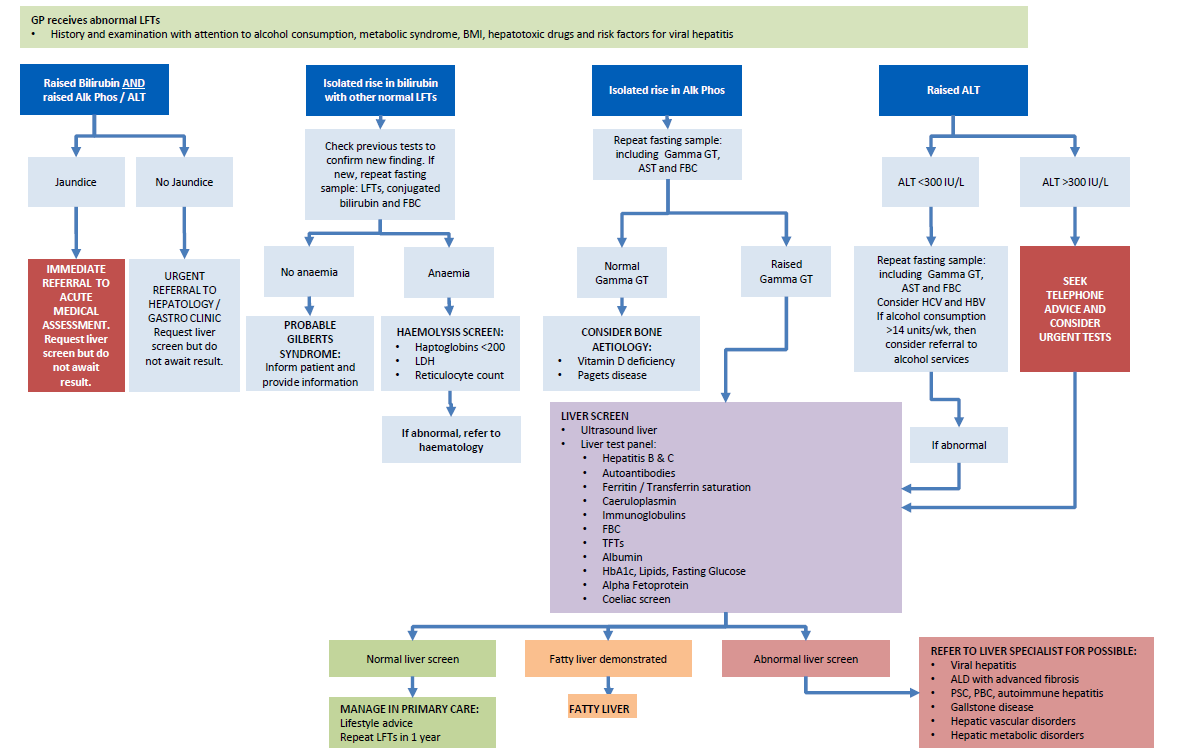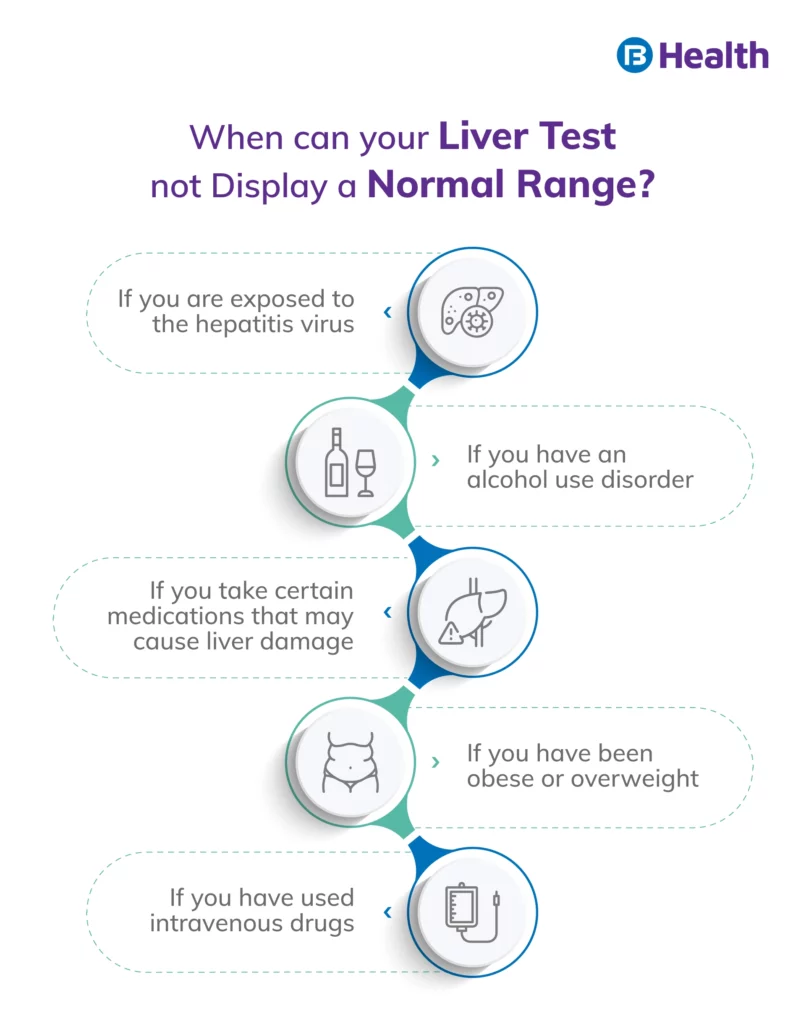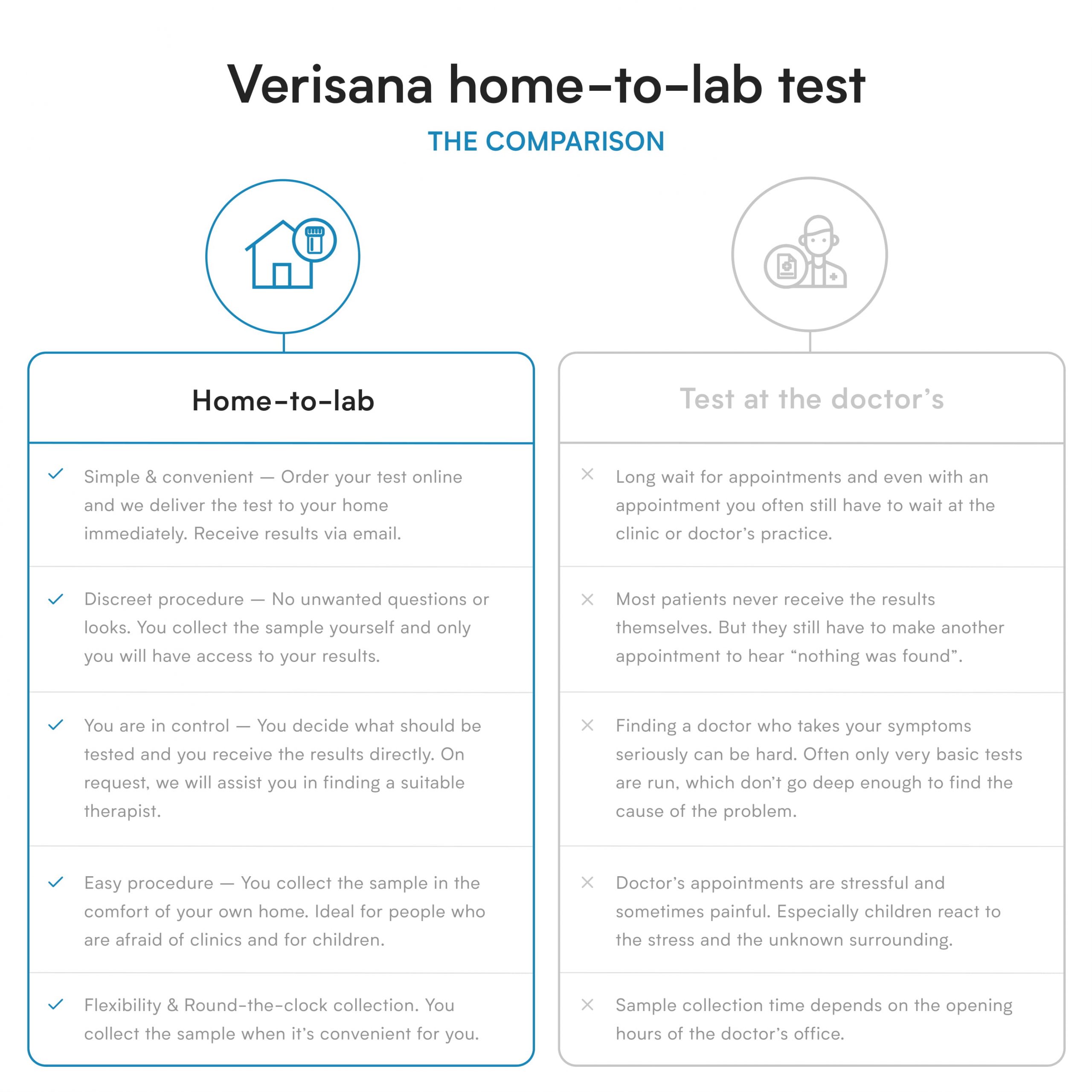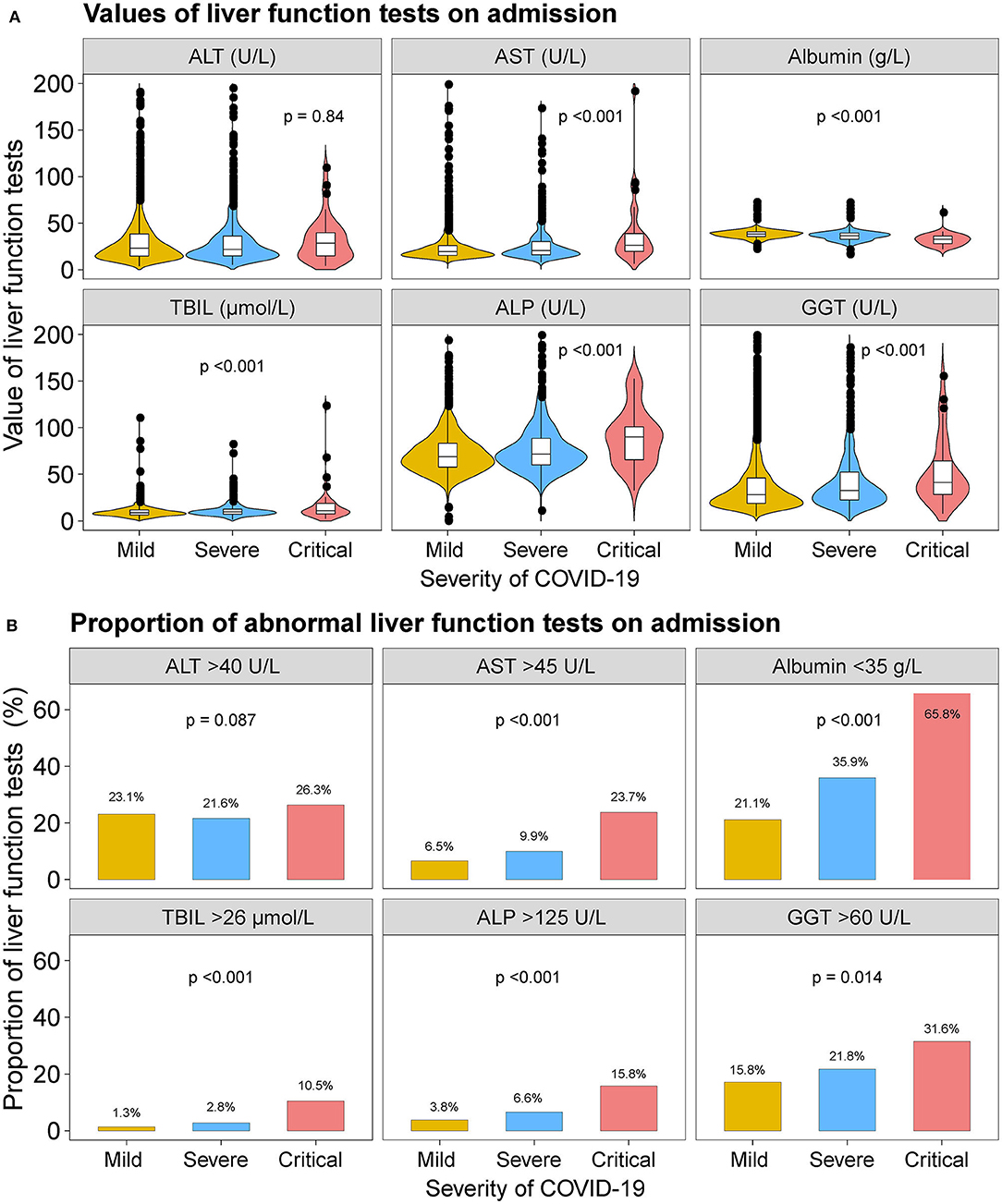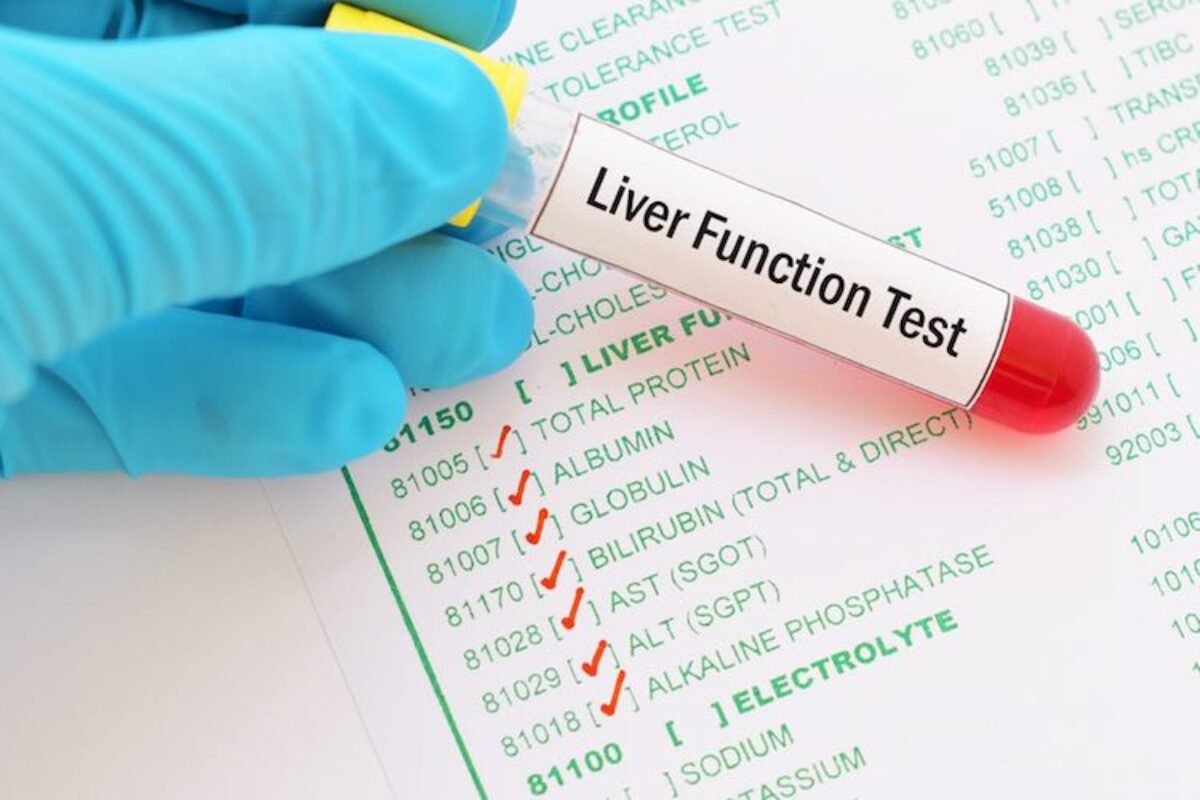
Key facts
- Liver function tests (also called LFTs) are blood tests that provide information about how your liver is working.
- If your liver function tests are abnormal, further testing might be necessary to work out what is causing liver damage and/or disease.
- You should discuss the results of your LFT blood test with your doctor to see what they mean in your situation.
What are liver function tests?
Liver function tests (also called LFTs) are blood tests that can provide information about how your liver is working. Your liver is a large organ in your abdomen (tummy) that has many different functions.
For example, it:
- filters toxic chemicals
- stores vitamins and minerals
- processes medicines and alcohol
- makes bile, proteins and enzymes
LFTs measure the levels of proteins, enzymes and other substances that are made by your liver. Some of these tests show how well your liver is working. Some measure enzymes that are released into the blood when liver cells are damaged.
Tests that make up LFTs include:
- alanine aminotransferase (ALT)
- albumin
- alkaline phosphatase (ALP)
- aspartate aminotransferase (AST)
- bilirubin
- gamma glutamyl transferase (GGT)
- total protein
Why would I need liver function tests?
Doctors often request liver function tests for people who:
- have liver disease or damage
- are, or might be, infected with a hepatitis virus
- are heavy drinkers of alcohol
- have a family history of liver disease
- take medicines that can affect the liver
Your doctor might order LFTs if you have:
- jaundice
- dark urine (wee) or light-coloured bowel motion (poo)
- weakness or tiredness
- loss of appetite
- nausea and vomiting
- abdominal pain or swelling
- itching
How to prepare for liver function tests
No preparation is needed for this test.
Understanding your results
Each of the LFTs gives different information about your liver function. The results do not indicate a specific condition, but their combined results can indicate patterns usually seen with liver disease or damage.
If your liver function tests are abnormal, further testing might be necessary to work out what is causing your liver damage and/or disease.
Some LFTs can be affected by conditions elsewhere in the body. You should discuss the results of your LFT blood test with your doctor to see what they mean in your situation.
